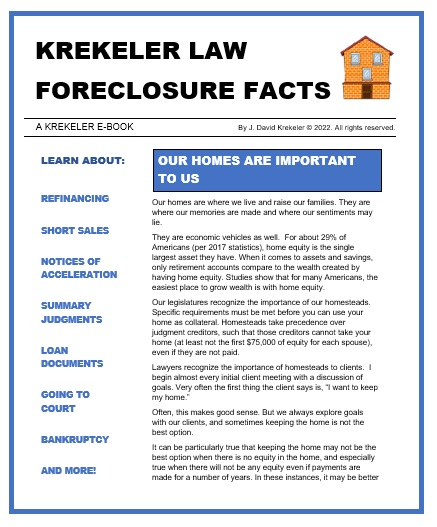Credit reporting agencies (CRA) do not determine whether or not you are liable for a debt.
The Fair Credit Reporting Act (FCRA) was designed to ensure that credit information is accurate. Credit reporting agencies are required to investigate any disputes alleged by consumers and to correct any errors if the investigation does not validate the debt. The FCRA is neither required nor able to determine the legal validity of a debt.
So held the 7th Circuit in a recent decision involving two consumers who had taken out payday loans from Native American lenders. The consumers believed the loans were illegal and disputed the obligation to Transunion, a CRA. Transunion investigated with the creditors, who apparently reported that the debts were valid. Transunion did not change the credit reports.
The consumers then sued Transunion alleging violations of the FCRA. After losing their case at the trial court, the consumers appealed to the 7th Circuit. The 7th Circuit held that CRAs are neither in a position, nor required, to determine the legal validity of a debt. That is the role of a court or tribunal. The consumers’ FCRA claims were therefore dismissed.
We agree with the Court’s decision. It logically analyzes the duties of the parties to the credit reporting system. Furnishers, such as the Native American payday lenders in this case, provide data to the CRAs. A lot of data – more than 1.3 billion accounts or trade lines are reported each month.
CRAs compile this data from the furnishers, which results in our credit reports.
CRAs are required to use reasonable procedures to ensure maximum possible accuracy in the preparation of credit reports. Being accurate does not, however, mean that the CRA should be determining whether the debt is owed. We already have a system for resolving those issues. It is called litigation and the decision is made by a court. CRAs have no expertise and are not qualified to make legal adjudications.
The 7th Circuit has now joined at least three other circuits in so holding. Had the consumers in this case gone to court and obtained an adjudication that they did not owe, the CRA may well have been liable for misreporting information. Trying to shortcut the system ended up in only spending time and money for no good result.

